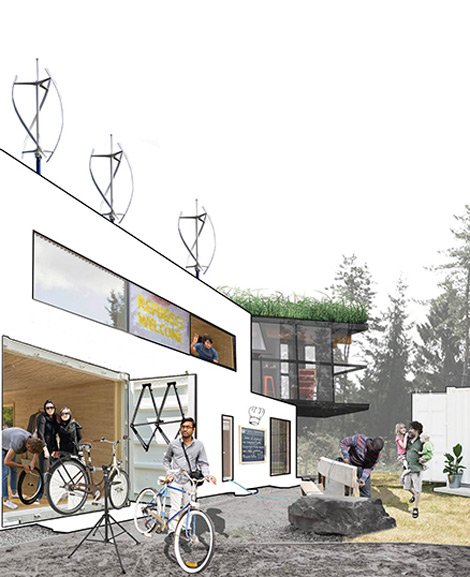Why are we running this project?
There is an active and dire need in Germany, and many other host societies, to ensure that migrants and native residents can coexist positively, enabling one’s full civic inclusion. Diversity must not precipitate discrimination or marginalization, and therefore, innovative solutions must be promoted to ensure the active engagement of all people in a community.
What are our goals?
Refugess and migrants are often segregated - even a long time after arrival - from their surrounding communities. They are often seen as a burden or even a threat. In the administrative, political and also societal discourse, the talents, dreams and aspirations of newcomers are seldomly seen or considered to be of importance. It often takes years from arrival for active citizenship to be achieved.
The project aims at reducing the time of integration by enhancing refugees’ and migrants’ connection to the host society and focusing on their positive contribution to their new neighborhoods. By enhancing one’s connection to job opportunities, language acquisition, and social capital, one can better engage in the path of self-development and realization of goals. This will ultimately lead to greater social cohesion amongst the migrant and native populations, which effectively bears a positive influence on society as a whole. Through the Integration Hub concept, the aim is to redirect integration to a more holistic approach that navigates the many systemic challenges migrants face throughout the process, creating an accessible contact point that facilitates the coordination and cooperation of many different services.
How does the project work?
The Integration Hub is currently in the expanded protoype phase, where three new project locations will serve as a test to further develop the concept. Based on the implementation and evaluation of these locations, a Handbook will be written and published in order to upscale the project on a national and EU level. At the site location, a socio-spatial place is built that includes various services, contact points, and physical spaces (i.e. cafes, libraries, workstations) that enable chance encounters, informal networking, information acquisition, counseling, and guidance throughout the arduous process of integration. For each project location, 90% of the local integration system players will have been included in the implementation process, and each hub location aims to impact five to ten neighborhoods. The subsequent Handbook (developed and based on the prototypes) will be dispersed to enable the project’s expanded impact and broader systemic change, EU wide.
Who are the target groups?
The project addresses international communes and cities and for integration responsible authorities in huge cities with different urban quarters and small villages in rural areas as well.
Where is the project run?
The main target country has been Germany, but with the publication of the Handbook, the project is intended to be upscaled internationally across Europe.
Who organizes and supports the project?
MORE THAN SHELTERS is an innovative social design agency that aims to conceive and implement solutions for the global refugee crisis. It is a social enterprise that works at the intersection of humanitarian, political, and design sectors to create scalable, and impactful solutions that facilitate refugees’ and migrants’ integration in host societies, transforming immiserated living conditions into spaces of human dignity and togetherness. MTS is the overseer of the project for the phases of conception, prototyping, and establishment.


